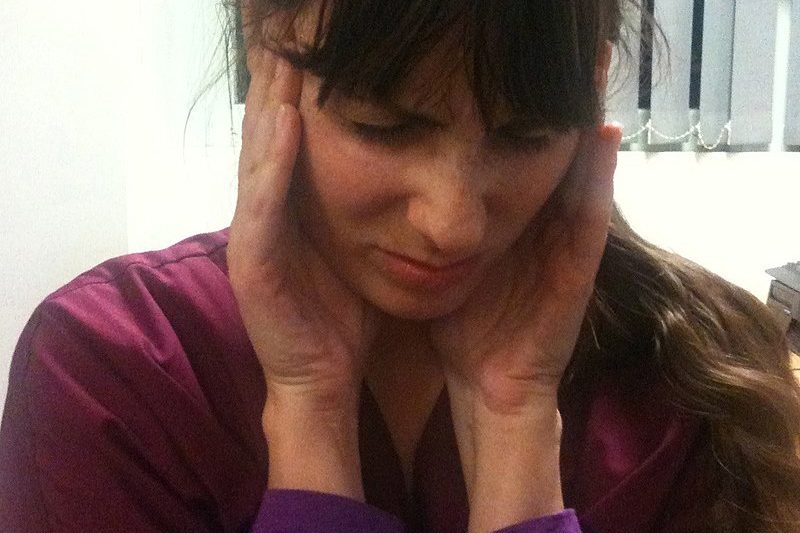Understanding Root Canal Therapy
Root canal treatment is a frequently performed procedure intended to save an inflamed or infected natural tooth. The root canal system is a part of your tooth’s interior, where the pulp lives: a collection of blood vessels and nerves. Injury, tooth decay, or another reason could infect the pulp using toxins or bacteria, potentially making it a source of swelling and pain.
During the root canal therapy, the infected pulp is removed and the inside of the tooth is cleaned and sealed. Through this process, a patient’s pain is relieved, and complications are avoided, like dental implants or burying of the infection. Our experienced dentists at Birmingham Family Dentistry use the latest dental technology in performing root canal therapy to ensure a painless experience to our patients.
Root canal treatments are vital for any dental clinic. Without this type of therapy, the infection will spread and, in time, create abscesses with the most dangerous results. The staff takes pride and is very committed to delivering a complete care package to the patient, ensuring their convenience and peace of mind before the treatment starts.









